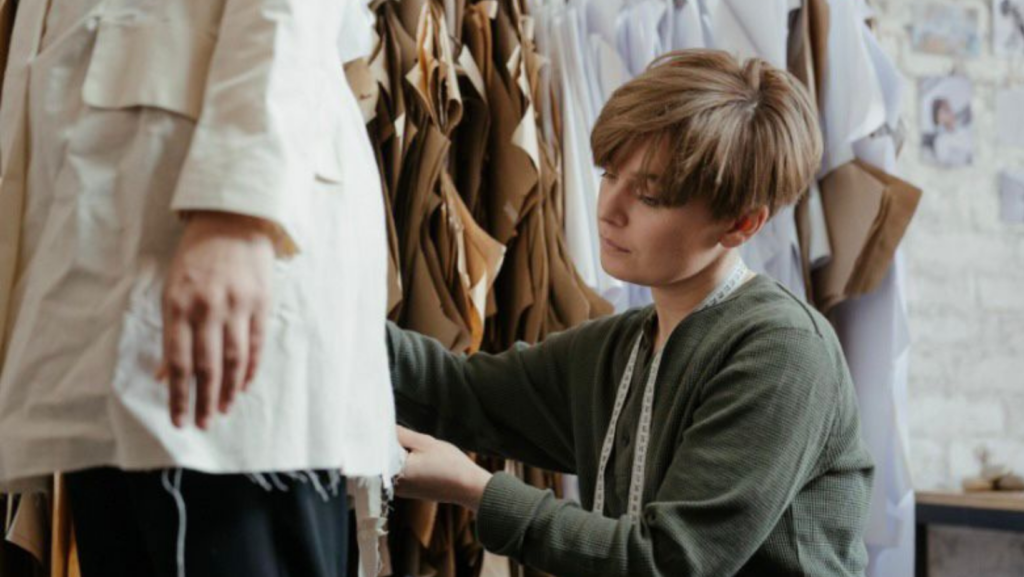
As a marketer working in the luxury tourism industry, I often notice how much the concept of luxury industry is misinterpreted.
Luxury is often employed as synonymous of ‘exclusiveness’. Hence, the idea that the luxury market is, by its own nature, exclusive, both socially and economically, of someone (the majority of people who does not have access to it), and inclusive of others (a minority of people, instead, can access it).
While this is true, as price inevitably tends to set boundaries between social groups, the idea of exclusiveness has more to with the perception of the so called luxury goods, rather than with their intrinsic nature.
Looking closely at how luxury goods are conceived and produced, we might argue that they have quite strong meritocratic, hence, somehow democratic, roots. What does this mean?
High-end goods require high level competences and knowledge, both technical and intellectual, to be conceived, designed and produced. Likewise, they require, by the end-consumer, a high level cultural awareness to be comprehended and appreciated. Such levels of competence, knowledge and cultural awareness do not have anything to do with the social-economic background of those who create and benefit from these goods.
To give an example, what kind of knowledge and skills does a Michelin-starred executive chef need to have make her/his own creations?
How much competence does she/he need to have? What efforts does she/he need to make to achieve her/his career ambitions, thus improving her/his social condition?
Besides, most of the ingredients such chefs employ to create their dishes , are not produced by powerful multinational companies, but, most likely, by small/medium farming and fishing businesses – which are often family owned.
In the same way, what technical skills and cultural knowledge does a tailor need to have be conceive and realise her/his creations?
What logical, mathematical and statistical skills does a revenue or a marketing manager have to have to increase a hotel sales level? What analytical competences does she/he need to have to understand political changes and economy trends?
Virtuous companies operating in this as well as in other market segments can only rely on their ability to attract knowledge and competences. The same goes for the general conditions of a country’s economy. This is particularly true for a country like Italy, where too often social connections, rather than competences, constitute the main criterium for hiring. And where gender disparities deprive economy of a large share of a highly specialised workforce.
As we can see, once luxury is interpreted in these terms, high price is just the result of high level technical and intellectual skills, rather than constituting some sort of intrinsic quality of luxury goods.
Hence, the concept of exclusiveness does not longer relate to the need of establishing social boundaries, for it relies on a virtuous combination of culture, competences and skills. A combination that needs to find its counterpart in high levels of cultural awareness from the end-user side for luxury goods to actually have a market.
In fact, only a cultured audience can really understand and appreciate the beauty of a piece of architecture, design and, say, fine jewellery – such beauty relying on a combination of heritage, tradition and artisanal knowledge.
All this is why I would rather speak of high-quality, rather than luxury market.
Antonio Desiderio